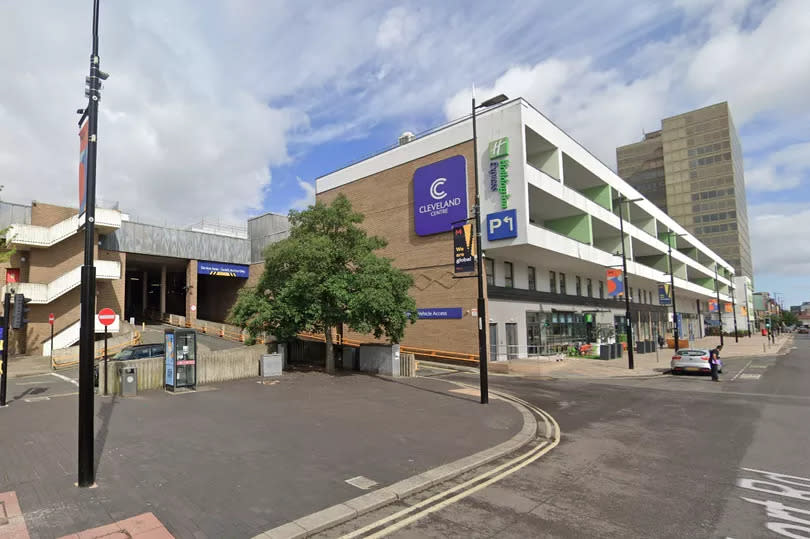Relocation of health hub WILL go ahead after council learns planning consent was not required

A controversial decision to block plans to relocate a town centre health hub has been overturned after the council discovered it didn't need permission after all.
As reported, Middlesbrough Council applied to shift the Live Well Centre, which currently operates from the Dundas Centre, to two empty units at the Cleveland Centre. However the plans were refused by the Middlesbrough Development Corporation board in May amid concerns over the "reality and perception" of crime in the area and the "erosion" of retail space.
It has now emerged that the relocation of the centre is "permitted development" under Government-set planning rules. The former use of the building and the proposed use fall under the same class E category and a change within the same grouping does not require planning permission.
READ MORE: Lidl to launch public consultation over plans to build store on Marton Country Club site
READ MORE: Captain Cook Birthplace Museum: Steve Gibson gets on board to help 'rescue ship from the reef'
External changes to the building such as signage do however require prior approval and this is being progressed by the local authority. A Middlesbrough Council spokesman said: "Work has been going on behind the scenes with Lichfields, the planning agent acting on behalf of the MDC, and officers at TVCA.
"We're pleased to say we've now reached a resolution to allow us to move forward with relocating the Live Well Centre to the Cleveland Centre and achieve our aim of improving public health in Middlesbrough."
Services at the centre include mental health support, smoking cessation, sensory loss clinics, assistance for young people with disabilities and addiction recovery. The Dundas Arcade location is no longer considered fit for purpose but supporters of the plan said vulnerable people in the area still need access to the services.
As reported, four MDC board members had the vote; Mayor of Middlesbrough, Chris Cooke, Tees Valley Mayor, Ben Houchen, former Police and Crime Commissioner, Steve Turner, and businessman Idrees Rashid. Lord Houchen and Mr Turner voted to turn down the plans, while Mayor Cooke and Mr Rashid voted in favour.
Lord Houchen as chair, had the casting vote, and the application was rejected. The Tees Valley Mayor highlighted issues surrounding the "perception and reality" of crime and anti-social behaviour in the town centre and disagreed with moving drug and alcohol services "slap bang in the middle of the retail space and opposite Centre Square."
Following the meeting, a Middlesbrough Council spokesman said they were considering options, including the possibility of submitting an appeal. However this will no longer be necessary given the fact planning permission was not required in the first place.
A spokesperson for Middlesbrough Development Corporation said: "Officers have confirmed planning permission is not required as the proposed use falls within its existing permissions. In recognition of the concerns of the MDC Board, we understand the Council is looking into options to omit the drug and alcohol treatment and rehabilitation services from the scope of services to be provided within the Cleveland Centre, with the intention these are accommodated in a standalone facility elsewhere in the town.
"This approach is welcomed and we greatly appreciate the Council’s efforts in this regard." It is understood there are no current council plans for a stand alone facility and any potential change of services would not affect planning permission for the Live Well Centre.
MDC has been the planning authority for the town centre and Middlehaven since June 2023. The MDC area covers the town centre, Historic Quarter, and Middlehaven and includes the Boho zone, Riverside Stadium, train station and Centre Square.
As reported, the new board for the Middlesbrough Development Corporation was provisionally approved at the TVCA Cabinet's annual general meeting last Thursday and was later confirmed by the MDC board on Monday. In an amendment to the constitution, proposed by the Conservative Tees Valley Mayor Ben Houchen, the maximum size of the board will increase from eight to ten.

 Yahoo News
Yahoo News 
